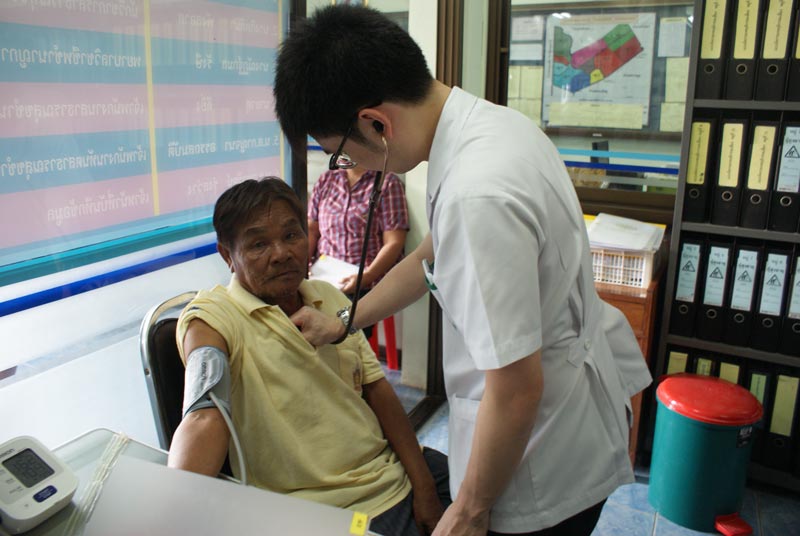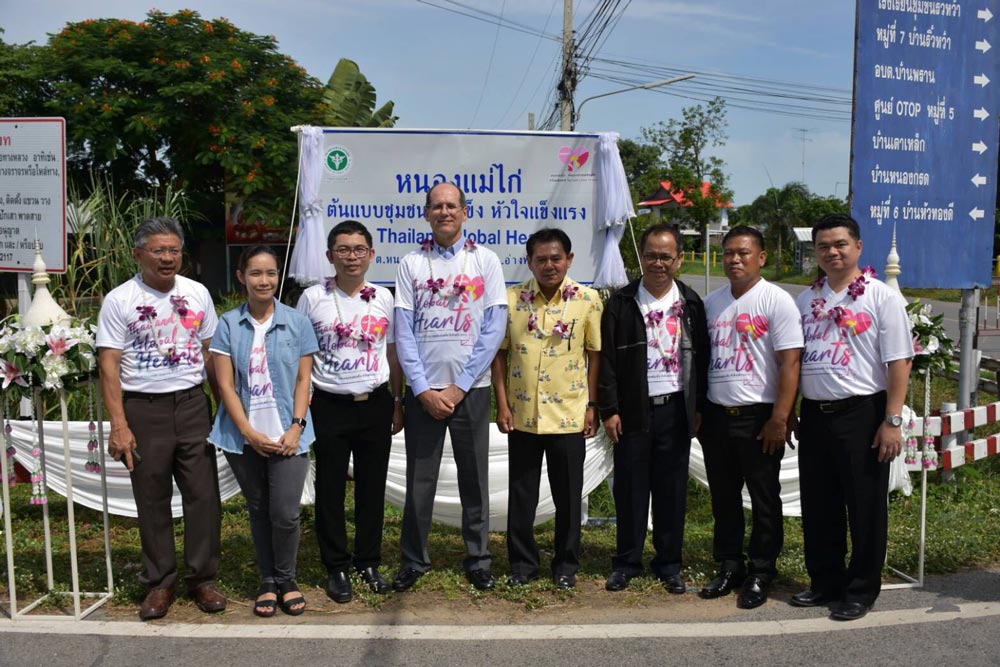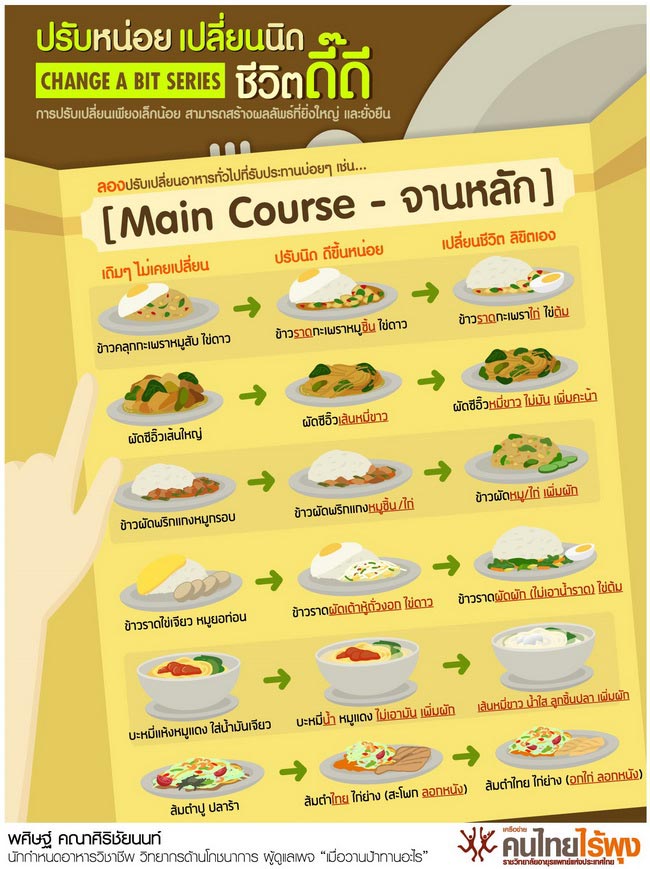Thai Global Hearts Project Keeps Communities Heart-Healthy
This web page is archived for historical purposes and is no longer being updated.
Cardiovascular diseases (CVDs) are the number one cause of death in Thailand, and the Royal Thai Government has taken notice.1 With over half of those dying from noncommunicable diseases passing away before their 70th birthday,2 the Thai Ministry of Public Health (MOPH) launched a series of initiatives to prevent these premature deaths.
In 2012, the MOPH laid out a plan to improve the quality and accessibility of health care services for CVDs. As part of the plan, the MOPH sponsors health campaigns and policies that promote increased exercise, reduced salt and sugar intake, and decreased tobacco and alcohol consumption. By 2017, the MOPH’s Bureau of Noncommunicable Diseases (BONCD) took things a step further and announced a five-year plan to develop and test a targeted strategy for decreasing cardiovascular risk. The BONCD, with support from CDC, is now gearing up to pilot a set of interventions to strengthen CVD management. The initiative – the Thai Global Hearts Project – aligns with the World Health Organization’s HEARTS technical package to reduce heart attacks and strokes.
Laying the groundwork
To discover why CVDs continue to increase, the BONCD analyzed epidemiological data to identify regions in the country where CVD deaths were especially high. Based on the data and interest from the community, the BONCD then selected two sub-districts to participate in the new program.
Staff interviewed and held focus group discussions with patients with high blood pressure, caregivers, community leaders, and health care staff to identify barriers to achieving better health. The BONCD reviewed the results with the community, discussing and prioritizing the expressed needs together. The team collectively designed a program that will launch in 2019 to help patients and their support systems.
Meeting the community’s needs
During interviews, patients and caregivers described a need for increased support to make healthy lifestyle changes and to monitor their condition. The proposed BONCD program will provide counselling on reducing salt intake and maintaining consistent care with their providers, training on monitoring blood pressure, and tracking medications. Each month, community health volunteers will check in on patients and caregivers to provide continued support, coaching, and education.
Healthcare staff and community health volunteers will also be trained on health promotion, motivational interviewing, and program monitoring. When community leaders and health staff were interviewed, they raised the need to strengthen the collaboration between health and non-health sectors. With this in mind, regular meetings between health officials, government representatives, and community leaders to facilitate the collaboration were included in the proposed program.
The BONCD program will run for one year and aims to improve blood pressure control; medication and follow-up appointment adherence; and knowledge, attitudes, and practices relating to salt intake reduction. At the end of the program the intervention will be evaluated, and results shared with local and scientific communities. The Thai MOPH is hopeful that the program will be successful, and similar interventions can be integrated into national health programs.

One in four Thai adults are hypertensive, yet less than one-third of them have their blood pressure under control

CDC Thailand Country Director, government representatives, and community leaders in front of a project billboard, kicking off the Thai Global Hearts Project.

Health education materials encourage changing unhealthy behaviors through motivational interviewing.
- World Health Organization. Regional Office for South-East Asia. (2017). WHO country cooperation strategy, Thailand: 2017–2021. World Health Organization. Regional Office for South-East Asia. http://www.who.int/iris/handle/10665/255510
- Ministry of Public Health. 5-Year National NCDs Prevention and Control Strategic and Action Plan (2017-2021). Thailand, 2017.
http://www.searo.who.int/thailand/areas/national-ncd-prevention-and-control-plan-2017-2021-eng.pdf